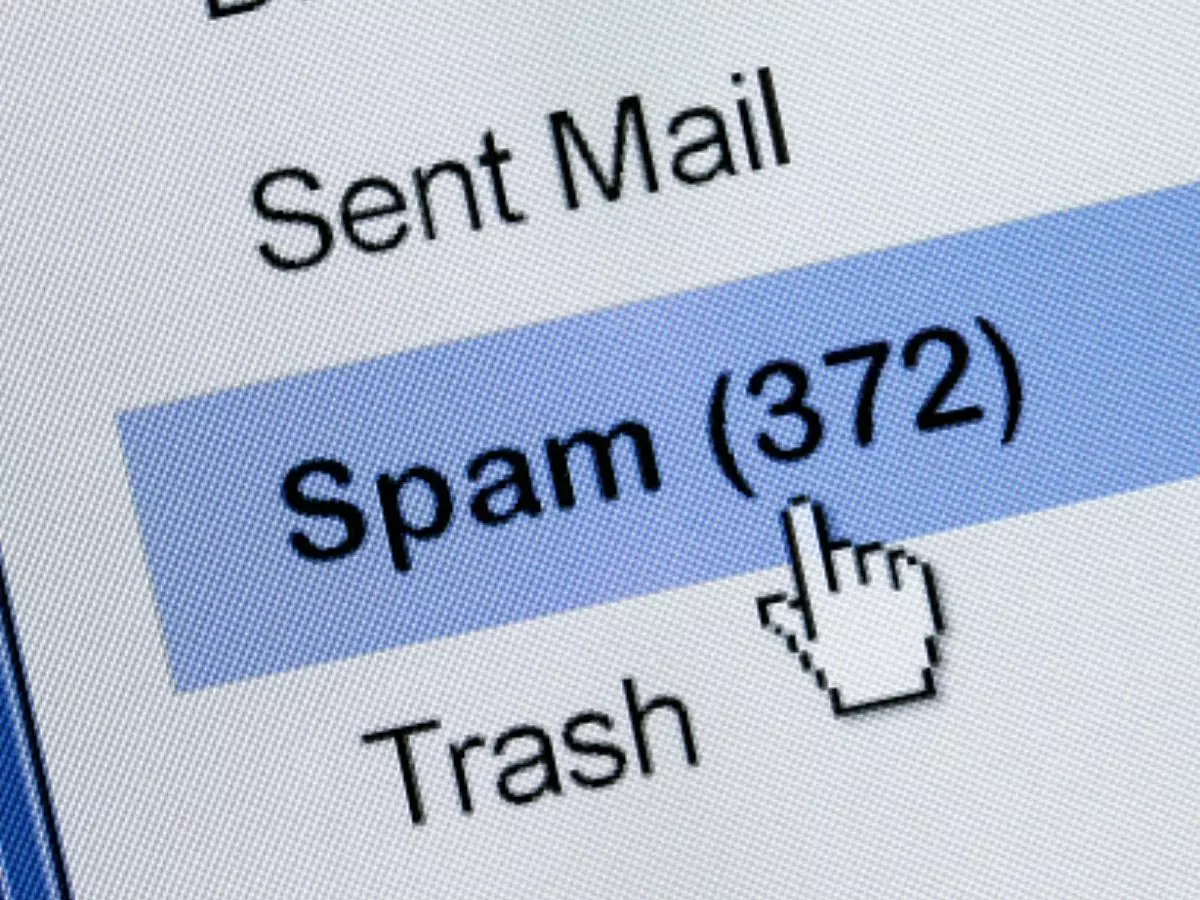Norwegian Computer Expert Is Spamming Russians To Show 'Real' Ukraine Invasion
Fabian, in his words, doesn¡¯t call his work propaganda and feels this intrusion is justified since the stakes too are pretty high. He calls his spam as involuntarily receiving a leaflet on our doors.

A Norwegian computer expert has created a website that would allow anyone to send an email about the Russian-Ukraine conflict to up to 150 Russian email addresses at a time, to highlight the truth the Russian government has been hiding from its citizens.
 Unsplash
Unsplash
Also Read: Russia Wants To Cut Itself Off From The Global Internet: Here's How
Reported first by BBC, Russians are receiving mysterious emails with the subject ¡®Ya vam ne vrag¡¯ -- I am not your enemy. The email talk about requesting the Russian people to reject the war in Ukraine and seek the truth about the invasion from non-state news services.
In a matter of days, over 22 million of such emails have been received in Russian inboxes, sent by volunteers across the world who are putting their time end effort into the cause.
Fabian, who came up with the idea says that this is not very different from when during the second world war, people flew over Germany with leaflets and dropped them out. It¡¯s just a modern take on that.
The website makes use of clever computing and the power of the people online, to send his template message to dozens of Russian email addresses at once. The site was made with the help of five other colleagues over a weekend.
They first browsed all over the internet and compiled a list of 90 million active accounts. According to Fabian, the system is the strongest when volunteers use their own email accounts instead of bulk-messaging email addresses via spam software.
Also read: Russia-Ukraine Conflict: What Apple, Twitter, And FB Are Doing During The Crisis
 Reuters
Reuters
Using personal accounts helps in not just getting through spam filters but also allowing individuals the ability to interact about the war with people who wish to learn more, according to Fabian.
Fabian, in his words, doesn¡¯t call his work propaganda and feels this intrusion is justified since the stakes too are pretty high. He calls his spam as involuntarily receiving a leaflet on our doors. He says one has to stand what they believe in and he believes in this.
Keep visiting Indiatimes.com for the latest science and technology news.
